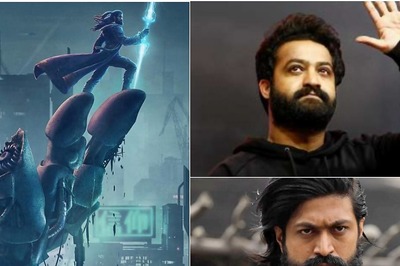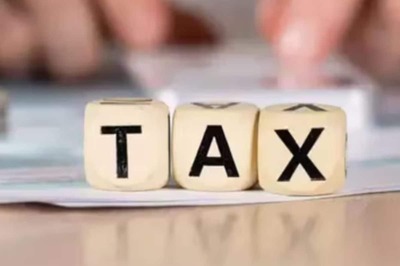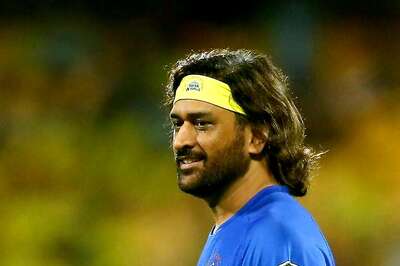
views
New Delhi: The Government may make a fresh diplomatic move with Denmark after it refused to file an appeal in its Supreme Court for the extradition of Kim Davy, an accused in the Purulia arms drop case, to India.
The CBI is also mulling other options to bring Davy to trial, including through video conferencing, after weighing other legal options.
Jorgen Steen Sorensen, Denmark's Director, Prosecution, also acknowledged that a case against Davy has been made.
"...both the District Court and the High Court agreed for example, that the evidentiary basis for extradition is sufficient, that the double criminality requirement of the Extradition Act is satisfied and that the case is not time
barred," Sorensen said in a statement on Thursday night.
In a separate statement, the Danish Foreign Ministry asked India to "appreciate" the Danish judiciary.
Official sources here said a diplomatic contact with the Danish Government was necessary to impress upon the fact that Davy alias Niels Holck had admitted before a Danish court about his involvement in the Purulia arms drop case.
The sources said post-9/11 attacks, Denmark had amended its Constitution thereby agreeing to extradite any person involved in any act of terror. The arms dropping was aimed at fomenting terror activities mainly in Purulia in West
Bengal, they said.
India's hopes of extraditing Davy were dashed on Thursday night when the Director of Public Prosecutions said that the Prosecution Service will not to seek permission to bring the question of extradition of Davy to India before the Supreme Court.
Sorensen said he fully understands the attention which this case has attracted in Denmark as well as in India.
Sorensen said: "The Eastern High Court has, without any dissent, however, reached the same conclusion as the District Court and the High Court's ruling is based on a specific assessment of all the circumstances of the case, including the current conditions in India.
"Against this background I do not find that the questions involved in this case are of a nature that will justify an application for permission to bring it before the Supreme Court."
In April 2010, the Danish Ministry of Justice had decided that Davy had to be extradited to India for prosecution for offences committed in 1995, involving an arms drop and participation in a conspiracy to wage war against the country.
This decision was brought before the District Court of Hillerod according to the rules of the Extradition Act. In November 2010, the District Court ruled that this decision could not be upheld. On June 30, 2011, the Eastern High Court
affirmed the District Court's decision.
Both the courts, while rejecting that plea, had said, however, on the basis of a specific assessment of the conditions under which Davy may be expected to be detained after prospective extradition to India, that there is a real risk that he will be exposed to inhuman or degrading treatment or punishment in India.
India had lodged a strong protest with Denmark over the remarks made by the Danish court and the External Affairs Ministry summoned the Charge d'Affaires on Monday and conveyed in no uncertain terms that such remarks about India's human rights records and prison conditions were unacceptable.
Home Minister P Chidambaram also termed the Danish High Court's observation as "disappointing" and rejected the argument that prisoners are subjected to torture here.
However, in the statement, the Danish Foreign Ministry asked India to respect the verdict of Danish courts.




















Comments
0 comment